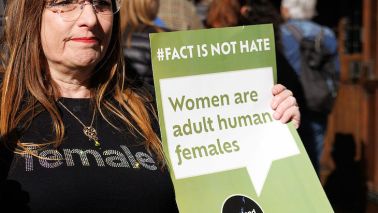Diplomat, soldier, diplomat again, humanitarian, environmentalist: you cannot plan a career like that today. But that has been the CV of John Henniker, otherwise Major Henniker-Major MC, now the eighth Lord Henniker, who, in his late eighties, has written a modest and readable account of his life and work.
Born in 1916, and following a conventional education, he had an exciting war. He is the last survivor of that sparky band of officers — Evelyn Waugh, Bill Deakin, Randolph Churchill and Fitzroy Maclean — who were parachuted into Yugoslavia to establish contact with Tito. Resuming a Foreign Office career, he opened a post-war embassy in Belgrade before transfer to London, to work in Ernest Bevin’s Private Office.
For most of the Fifties he was a youthful Head of Personnel in London, coping with the slump in Foreign Office morale after the defection of Burgess and Maclean. There were other complex pastoral tasks:
What was it about Latin America?Loneliness and boredom were the main problems for overseas staff. We also had some trouble with ambassadors and their fondness for drink or women — or men. In the event of rumours that the garden path was full of drink bottles, or that the Ambassador had been caught in bed with the Peruvian Under-Secretary, I would send out a special inspection team to have a look. We had an ambassador in San Salvador who had cats; hundreds of them.
Ambassadorships in Jordan and Den- mark followed. In 1968 he moved on to be Director General of the British Council where things became unstuck. He lasted just under four years. The decades after that were something of an anticlimax: excellent service as lay member of the Mental Health Review Tribunal and chairman of the Suffolk Community Alcohol Services is not what his earlier career seemed to presage.






Comments
Join the debate for just £1 a month
Be part of the conversation with other Spectator readers by getting your first three months for £3.
UNLOCK ACCESS Just £1 a monthAlready a subscriber? Log in